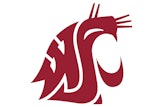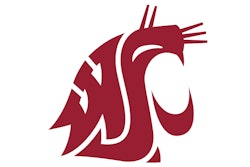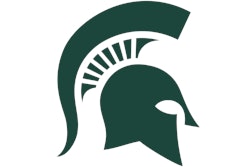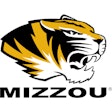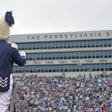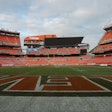The Denver Broncos sue season-ticket holders
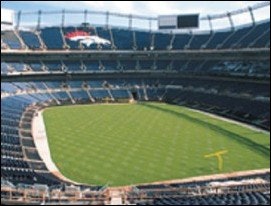
Here's a little quiz for those of you in the business of customer service: It's nine months before the start of the 2002 football season, and 100 of your more upscale season-ticket holders have not made their first payment on next year's club seats. Do you:
A. Call them to remind them of the terms of their (three-, five- or seven-year) contract?
B. Send a polite but sternly worded letter demanding payment?
C. Negotiate a buyout of the remainder of the contracts and shift the fans to less costly seats?
D. Write off the patron entirely and resell the seats to the person at the top of the waiting list?
E. Serve delinquent patrons with a lawsuit?
The NFL's Denver Broncos tried "E" this off-season, and predictably enough, it didn't go down well. Many of these fans, each of whom had paid $5,000 in 2001 for a seat in new Invesco Field (pictured) with essentially the same sightlines as a $500 seat in old Mile High Stadium, were outraged. The team, meanwhile, was forced to make a number of expensive alterations to the 8,800seat Club Level to prevent a full-scale fan revolt. And so, while the Broncos may well get a fair portion of the $270,000 that as of mid-June was owed them for this season, the whole episode serves as a cautionary tale for those in the business of selling tickets.
To be fair, the Broncos tried "A," "B" and "C," too. Each of the fans received two phone calls and four mailed invoices after Jan. 1, and about half - the ones who responded most promptly - either paid up in full or were able to negotiate buyouts or downgrades. If the fans who were eventually sued were hopping mad, those who gave up their seats in early winter were merely disgruntled - about the quality of the club-seat experience, about the seats' cost and about the team's threats of legal action.
Many of them took issue with the Broncos' marketing of the seats, which promised "the ultimate in luxury seating for those who do not desire a private suite, but desire an enhanced game-day experience." Promised were carpeted halls, padded chairs, a separate entrance, TV lounges with full bars, and "upscale concessions to complement traditional stadium cuisine." Fans countered with complaints about lack of service, long lines for concessions and men's rest rooms, upscale concessions that ran out by halftime, and fans holding $50 tickets jumping the railing into a $5,000 seat.
Denver real estate investor Don Olguin, who had a seven-year contract for a Club Level seat, was among those sued by the team. As he told Denver's Westword, Olguin's response to the team's threats was his own ultimatum: "I told them, 'The club seats are not what you told me they were, and I'm not sending you my renewal payment until you show me a floor plan for new bathrooms that will be approved and get done over the summer.' Their response was, 'We're getting a lot of complaints, and we're working on it.' Well, them working on it and me sending them $5,000 are two different stories. I said, 'You didn't honor your end of the agreement, so why should I honor mine?' " One week later, Olguin received a form letter from the team's lawyer, inviting him to examine the provisions in Section 14 ("Default and Remedies") of his contract.
In late July, the team won its first Denver District Court case, against five dissatisfied club-seat holders who were refusing to honor their contracts. (Lawsuits against 28 other club members were pending.) And in spite of the enmity provoked by its legal action, the team says it went the extra mile for its customers, forming a focus group to gather complaints and find reasonable solutions. As a result, the Broncos plan to add men's rest rooms, increase food service points of sale, establish a buffet and make other improvements. Olguin, for one, doesn't care. "My Dad had season tickets, which means I've had season tickets since I was five years old," he told Westword. "But after this, I'm never going to buy a ticket from these people again."













